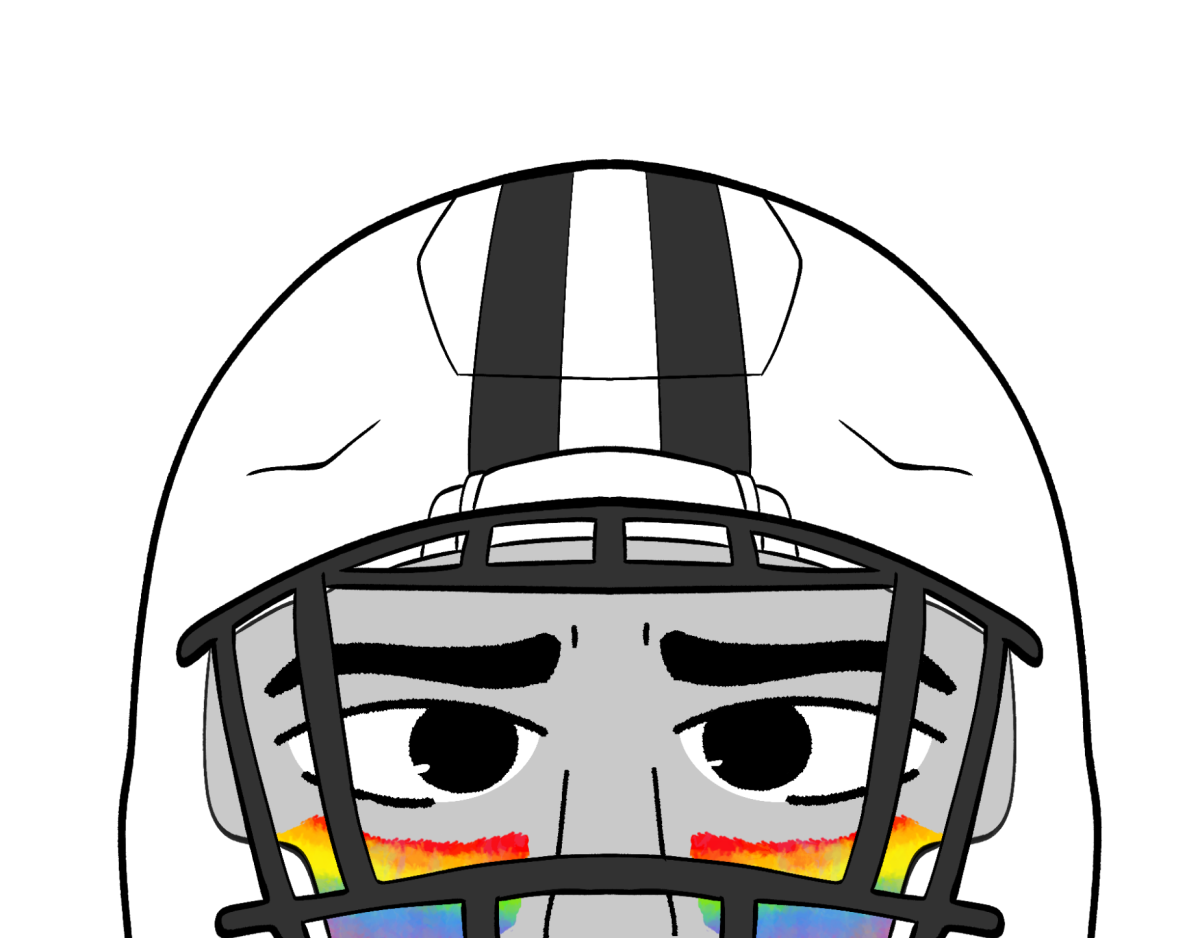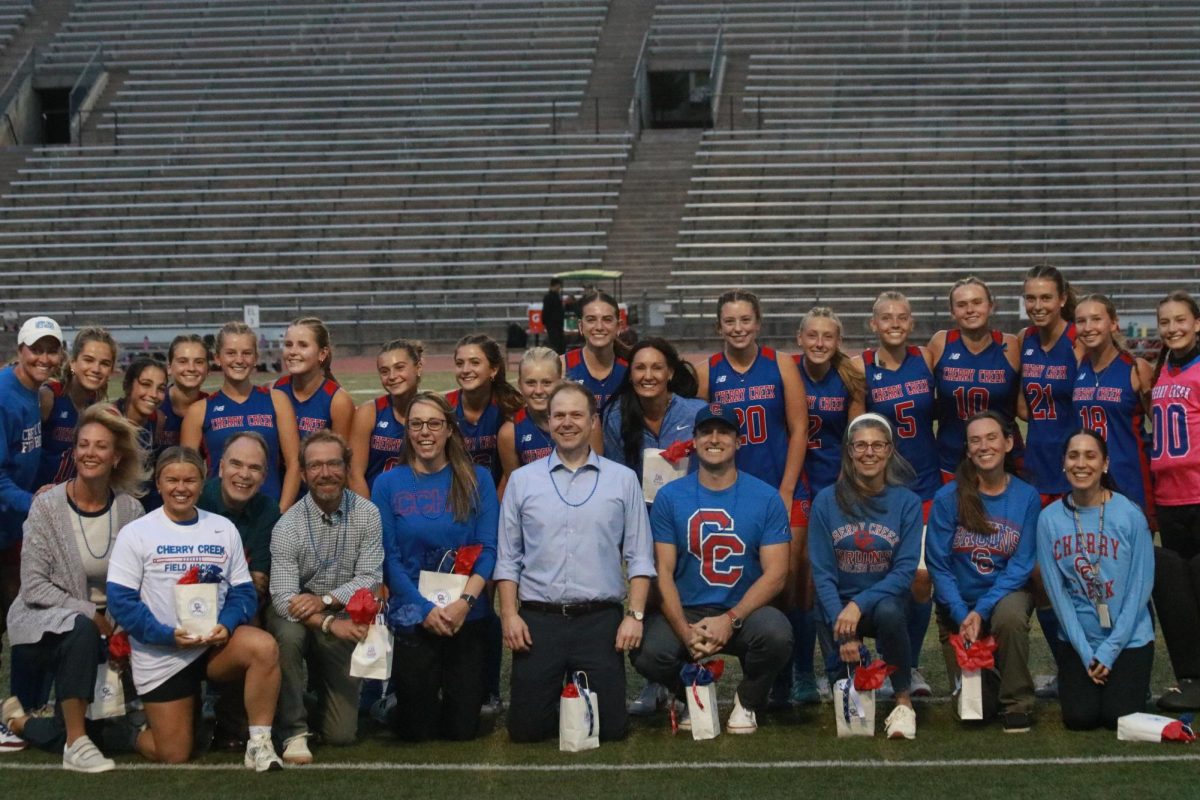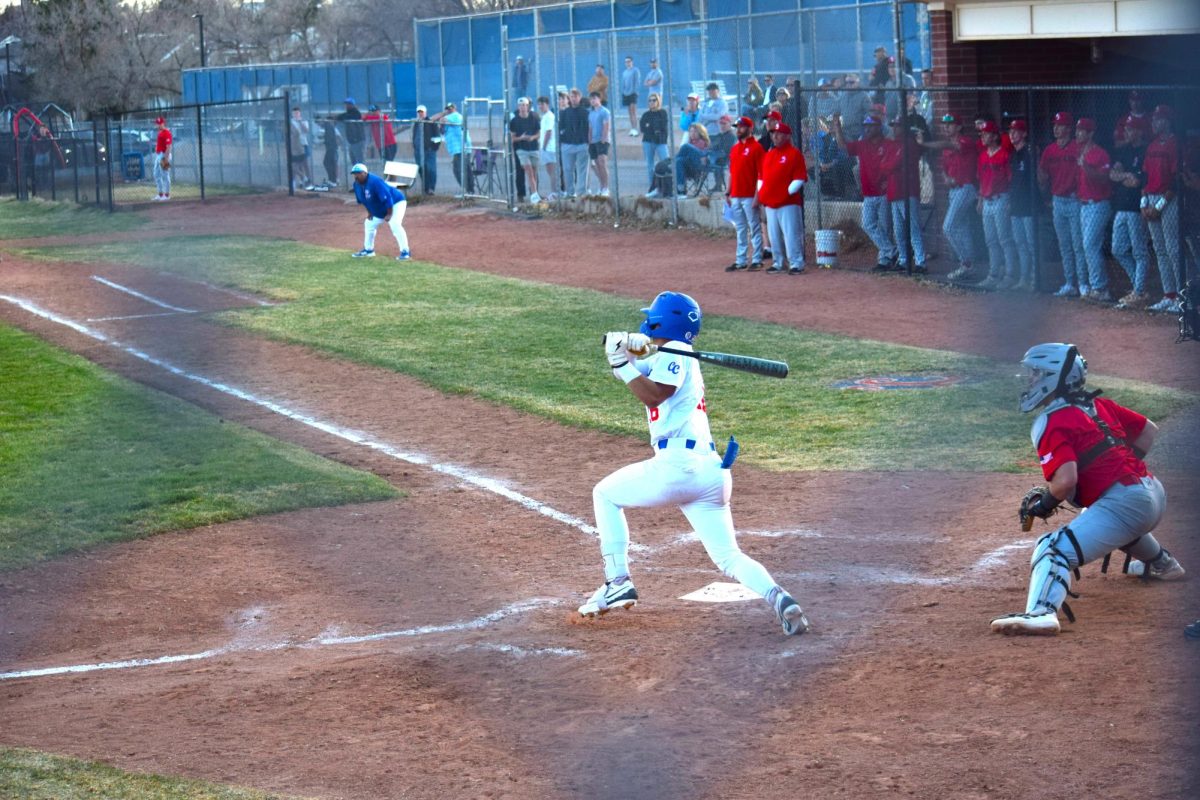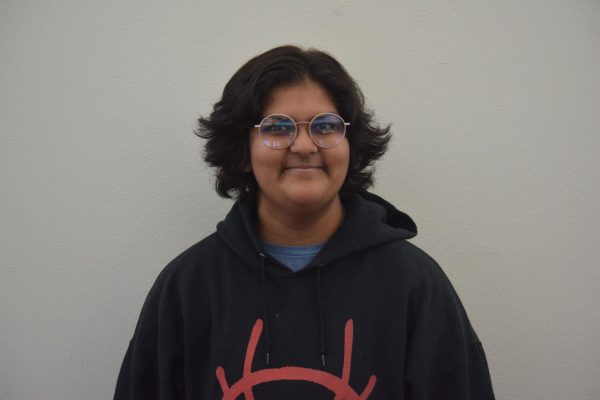For a lot of queer athletes, the politics and pressure surrounding competing in sports is completely overwhelming, due to the constant feeling of needing to “fit in” and “belong.”
Over the past summer, the media payed particular attention to the validity of transgender atletes competing in their gender-affirming sports. Many politicians and critics felt that transgender atletes held an unfair advantage, causing increased discomfort for trans and queer athletes.
“What America is witnessing is ‘cheating,’” Tucker Carlson, ex-host of Fox News, said in reference to a belief that if trans athletes were participating in sports, they were at an unfair advantage.
With Creek being such an athletically renowned school, pressure on athletes to be the best for the team is high, and queer student athletes admit that they are hesitant to come out. Many athletes feel that they must hide an integral part of themselves from the team, a team that is meant to be a unified and supportive community.
Junior Aspen Murphy*, whose name has been changed for their safety, is a closeted queer non-binary athlete at Creek, and they feel like there is an intangible separation between them and their teammates on the girls’ sports team.
“It feels like you’re not a part of the group,” Murphy* said. “You don’t feel connected with them the way they’re connected to each other.”
This connection can manifest physically as well. “They’re like, hugging each other and very physically affectionate,” Murphy said. “It’s just weird because it’s if I was like that with them, it’d be different to them since I’m not a straight [person.]”
In addition to feeling isolated from the team, some queer athletes also feel like there’s a negative culture surrounding queer people in sports that can lead to bullying and rumors.
“I knew a girl on a team above me that was out as a lesbian,” Murphy* said. “The whole team was talking about her behind her back. They were like, ‘I just don’t want her to have a crush on any of us!’ It’s not fun.”
The nasty feeling of rumors and whispers that surround queer athletes can make them consider quitting the sport that was supposed to be a home.
Marcus McDavid, a track and field coach, tries to create a safe environment for all of his athletes by ensuring that cruel comments aren’t made.
“There’s always something that we can continue to work on. Whether it’s a kid’s poor word choice, like bad language, or whether it’s an insensitive comment about a student’s sexual orientation, their preference, their identity, anything along those lines,” he said.
Renee Teagan*, whose name has been changed for their safety, is another queer athlete. When Teagan* had started playing sports her freshman year, she went by pronouns that didn’t align with her birth gender and dressed what she described as “pretty masculine and gay.” Her sophomore year, she publicly detransitioned and dressed closer to what a typical cisgender athlete would wear to practices.
“Now that I’ve detransitioned, people talk to me a lot more,” Teagan* said. “We’ll see if people will talk to me next year. If I’m completely straight passing, they probably will.”
For a lot of queer athletes, feeling like you need to hide who you are or feeling like you need to detransition to feel included on your team is common. But despite the controversy surrounding queer athletes in sports, many straight players feel that being queer shouldn’t be a big deal in the sport, and that players shouldn’t have to feel isolated or excluded.
“I feel like there are people who are being mistreated a lot, especially at this time,” freshman sophomore team basketball player Dina Yoseph said. “Being queer should have nothing to do with your skill level, if you’re contributing to the team, then there shouldn’t be a problem.”










